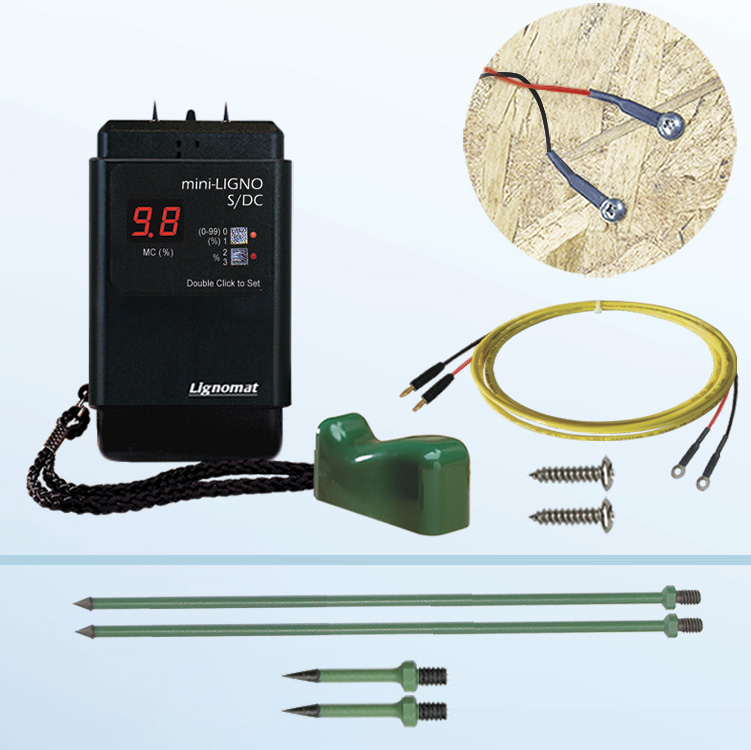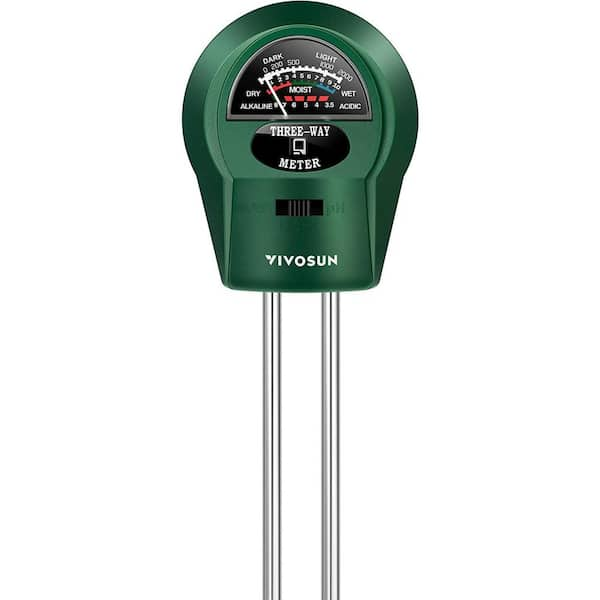The Science Behind Moisture Meters: Just How They Work and Why They're Important
The Science Behind Moisture Meters: Just How They Work and Why They're Important
Blog Article
The Ultimate Overview to Moisture Meters: A Comprehensive Summary and How They Can Conserve You Cash
In the world of structure maintenance, construction, and numerous sectors, the relevance of accurately gauging wetness degrees can not be overstated. Moisture meters function as essential tools in identifying and checking moisture web content in materials, assisting in protecting against pricey problems and making certain the top quality of items. Recognizing the subtleties of different kinds of wetness meters, their applications, and the possible cost-saving advantages they provide can be a game-changer for professionals and organizations alike. Uncovering just how these devices can not just streamline procedures but additionally add to economic cost savings is a journey worth beginning on.
Kinds Of Moisture Meters
Different types of wetness meters are offered for various applications in various markets. One common type is the pin-type dampness meter, which measures the electric resistance between two pins put right into a product. This type is suitable for timber, drywall, and other building products. Pinless wetness meters, on the various other hand, use electromagnetic sensor plates to scan a larger area without creating damages to the material's surface. These meters are perfect for rapidly evaluating moisture levels in huge areas such as wall surfaces and floorings.
In addition, there are likewise specialized dampness meters developed for specific materials like grain, dirt, or hay. These meters provide exact moisture analyses tailored to the unique residential or commercial properties of the product being examined. Infrared wetness meters determine the thermal properties of a material to identify its moisture content non-invasively, making them valuable for applications where pin or pinless meters may not be ideal. Comprehending the different kinds of wetness meters readily available can assist markets choose one of the most suitable tool for their details wetness dimension demands.

Advantages of Making Use Of Moisture Meters

Additionally, making use of dampness meters can result in enhanced power effectiveness. By identifying areas with high wetness degrees, such as leaks or inadequate insulation, adjustments can be made to enhance power conservation and reduce energy costs. In farming settings, moisture meters play a critical duty in maximizing plant returns by making it possible for farmers to keep an eye on soil dampness degrees and make notified watering choices. In general, the advantages of using moisture meters span across numerous sectors, offering cost-efficient solutions and advertising much better high quality control techniques.
How to Pick the Right Moisture Meter
Picking the appropriate wetness meter involves taking into consideration vital variables such as product compatibility, dimension variety, and calibration accuracy. When choosing a moisture meter, it's necessary to make certain that the meter appropriates for the details product you will be screening. Different materials have varying electrical buildings that can impact dampness readings, so selecting a meter created for your material is essential for exact results. In addition, think about more tips here the dimension variety of the moisture meter. Ensure that the meter can find wetness levels within the range needed for your applications. Calibration precision is an additional critical aspect to maintain in mind (Moisture Meter). Choose a wetness meter with reliable calibration to make sure accurate and constant readings. Some meters might call for periodic calibration modifications, so recognizing the calibration procedure is necessary. By very carefully assessing these variables, you can select a moisture meter that fulfills your demands and provides accurate dampness measurements for your jobs.
Proper Methods for Moisture Meter Usage
To guarantee exact dampness analyses and optimize the effectiveness of a wetness meter, employing proper methods is vital. When making use of a pin-type moisture meter, put the pins or probes into the product being checked up until they make complete contact. By following these appropriate methods, customers can count on their dampness meter to offer trustworthy moisture levels, assisting in protecting against costly damages or guaranteeing quality in numerous applications.

Cost Cost Savings Via Moisture Meter Applications
Exactly how can the critical usage of wetness meters lead to considerable price savings throughout numerous sectors? In the farming market, moisture meters help in figuring out the optimum time for gathering crops, stopping excess or over-drying dampness that can impact the last item's quality.

Furthermore, in the food processing market, wetness meters are essential for keeping track of product quality and making sure conformity with safety and security regulations. By precisely determining moisture content in food, producers can stop perishing, keep quality, and lower waste, causing significant price financial savings. In general, the calculated application of moisture meters is a valuable investment that can bring about considerable cost decreases and enhanced efficiency throughout different industries.
Conclusion
In verdict, dampness meters are beneficial devices for determining and discovering wetness degrees in numerous materials. By using the ideal wetness meter and complying with appropriate methods, customers can successfully protect against costly damages created by excess dampness.
Wetness meters serve as important devices in identifying and find more information keeping track of moisture content in products, helping in preventing expensive problems and making certain the quality of products. Infrared wetness meters determine the thermal homes of a product to identify its dampness content non-invasively, making them beneficial for applications where pin or pinless meters might not be appropriate.Wetness meters provide vital advantages in properly evaluating and keeping an eye on dampness levels in varied products and settings. In agricultural settings, dampness meters play a redirected here critical duty in optimizing plant returns by enabling farmers to keep an eye on dirt moisture degrees and make informed irrigation choices.In final thought, dampness meters are useful devices for finding and determining dampness levels in different materials.
Report this page